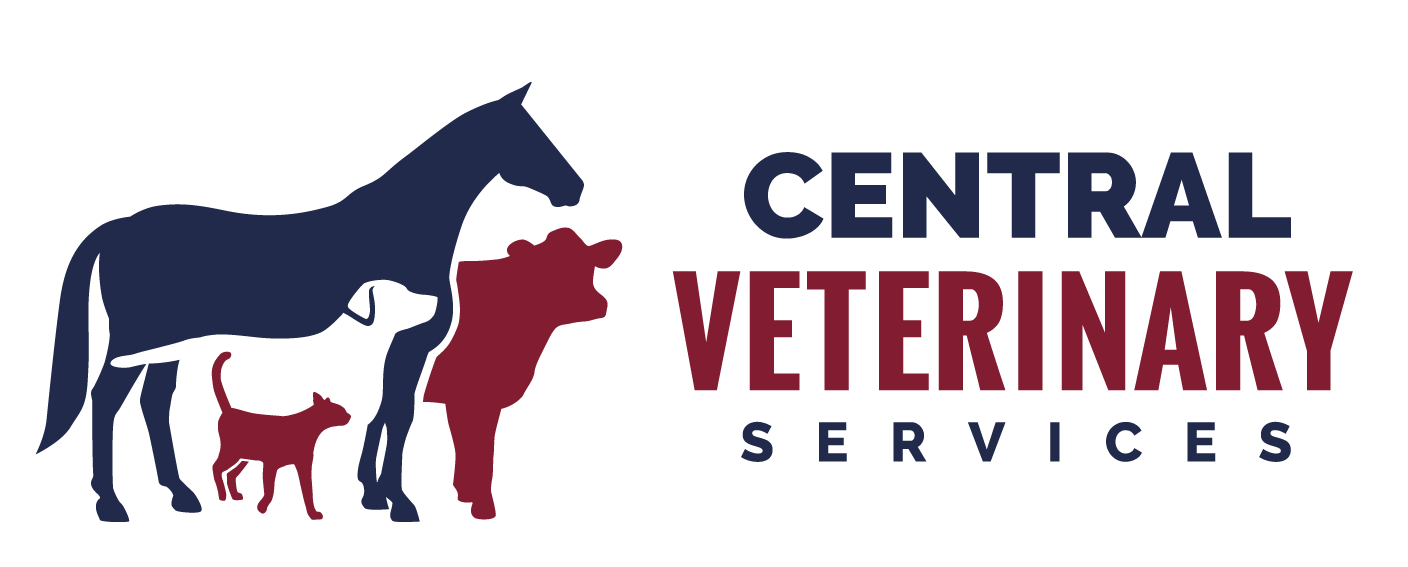
Kennel cough, also known as Canine Infectious Respiratory Disease (CIRD) or Infectious Tracheobronchitis results from inflammation of the upper airways. The term tracheobronchitis describes the location of the infection which is found in the “windpipe”, or trachea and bronchial tubes. This illness spreads rapidly among susceptible dogs housed in close confinement. There are several viruses and bacteria that can cause kennel cough, often at the same time. These include adenovirus type-2, parainfluenza virus, and the bacterium Bordetella bronchiseptica.
The clinical signs of kennel cough may be variable. The cough in these cases is often described as harsh, dry coughing, which may be followed by retching or gagging. The cough in these cases is easily induced by gentle pressure placed on the larynx or trachea. Kennel cough is a mild, self-limiting disease but may progress into fatal bronchopneumonia in puppies, or to chronic bronchitis in senior patients. This risk is associated with the decreased immune systems puppies and senior patients often have. Along with the coughing, you may also notice your pet wheezing, having runny eyes/nose, having a lack of appetite, and/or exhibiting depressed behaviour.
There is no specific treatment for the viral kennel cough infections, but antibiotics may be used against the bacterium Bordetella bronchiseptica. Preferably, affected dogs should not be hospitalized because the disease is highly contagious (and also self-limiting). Cough suppressants may be prescribed in more severe cases, but should only be used as needed to control persistent nonproductive coughing. The bacterium Bordetella bronchiseptica is often the culprit of many of the more severe clinical signs listed in the above paragraph, but some antibiotic resistance has been reported for this bacterium. Most kennel cough infections are easily resolved in 1-3 weeks, but mild clinical signs may linger even when the bacterium has been eliminated.
Within the Canine Distemper vaccine (DA2PP) that we offer at Central Veterinary Services, is immunity against adenovirus type-2 and parainfluenza virus (as long as the vaccine schedule is completed). We also recommend vaccinating dogs who will be visiting boarding facilities, doggy daycares, dog parks, or grooming facilities against Bordetella bronchiseptica, because the risk of contracting the bacterium is greatly increased. We at Central Vet offer an intranasal vaccine or an injectable vaccine against Bordetella bronchiseptica for our canine patients. The intranasal vaccine allows local immunity to develop on the mucous membranes of the nose, throat, and windpipe where the infectious agents first attack. This is why the intranasal vaccine typically is recommended the first time your pet receives a Bordetella bronchiseptica vaccine. In subsequent years we would boost annually with the injectable form. The vaccine we carry that provides immunity against Bordetella bronchiseptica has shown in clinical trials to decrease the duration of the cough by 84.4% in vaccinates compared to controls. Clinical trials have also shown that after 655 dogs were vaccinated with the avirulent live culture intranasal vaccine according to label recommendations that only 1 dog reported having intermittent sneezing for 2 days following the vaccination. No treatment was required for this patient.
Immunity, even if a dog has experienced a natural infection of kennel cough, is neither solid nor long-lasting. We cannot expect vaccines to do much better. Since immunity varies with the circumstances it is important to consult with your veterinarian regarding specific vaccination recommendations for your pet.
Call us today at 204-275-2038 for more information.
References:
1. Aiello C. et al. Merck Veterinary Manual. 2016.
2. Zoetis VANGUARD Rapid Response Intranasal. www.zoetisus.com/products/dogs/vanguard-rapid-resp-3-sf-intranasal.aspx. Last accessed 2016.
